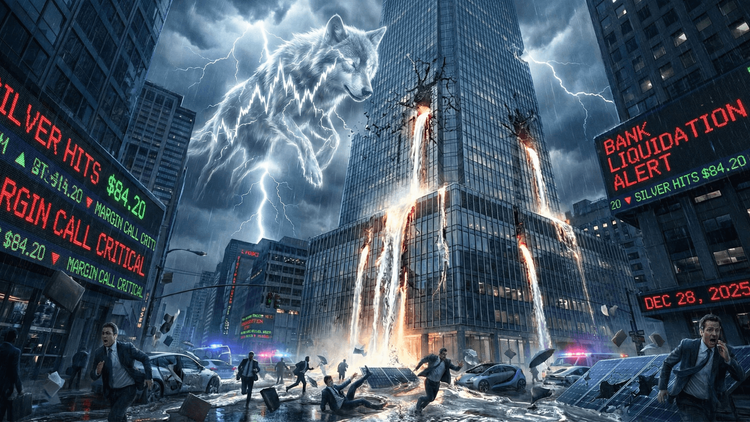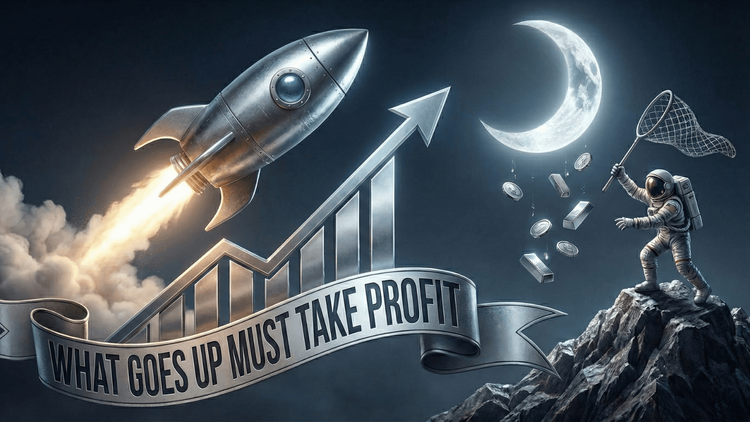EU Increases LNG Imports from Russia
Despite Ukraine Conflict and Sanctions, Dependency on Russian Liquefied Natural Gas Rises

Despite the ongoing conflict in Ukraine and multiple sanctions against Russia, EU member states have increased their imports of Russian Liquefied Natural Gas (LNG) in 2023. According to the non-governmental organization Global Witness, imports rose by 40% in the first seven months of the year compared to the previous year. In numerical terms, EU states imported 22 million cubic meters of LNG from Russia from January to July, compared to 15 million cubic meters in 2021.
The EU plans to invest around 5.3 billion euros in Russian LNG this year. These figures are based on price information from the Finnish Centre for Research on Energy and Clean Air (CREA). Interestingly, about 52% of Russian LNG exports were imported into the EU in the first seven months of the year, compared to 49% last year and 39% in 2021.
Despite appeals from the EU Commission to halt imports from Russia, little has changed in the situation. The EU Commission had already urged member states to stop imports from Russia in March. However, these imports are not subject to EU sanctions imposed after the onset of the war in Ukraine against Russia.
The largest importers of Russian LNG within the EU are Spain, Belgium, and France. Spain purchased 7.5 million cubic meters of LNG from Russia from January to July, accounting for 18% of total Russian LNG exports. Only China bought more during this period, namely 20% of the exports. Belgium follows with 7.1 million cubic meters and France with 4.5 million cubic meters.
The EU Commission aims to source no Russian gas by 2027, neither via LNG tankers nor pipelines. However, Russia is currently still the second-largest supplier of liquefied natural gas to the EU, with a 16% share, following the USA and ahead of Qatar, Nigeria, and Algeria. Many countries, including Austria, are contractually bound to Russian gas supplies until then.
These developments raise serious questions about the effectiveness of EU sanctions and the geopolitical strategy of the European Union. They also show how complex and intertwined energy markets are, especially in times of political uncertainty.






